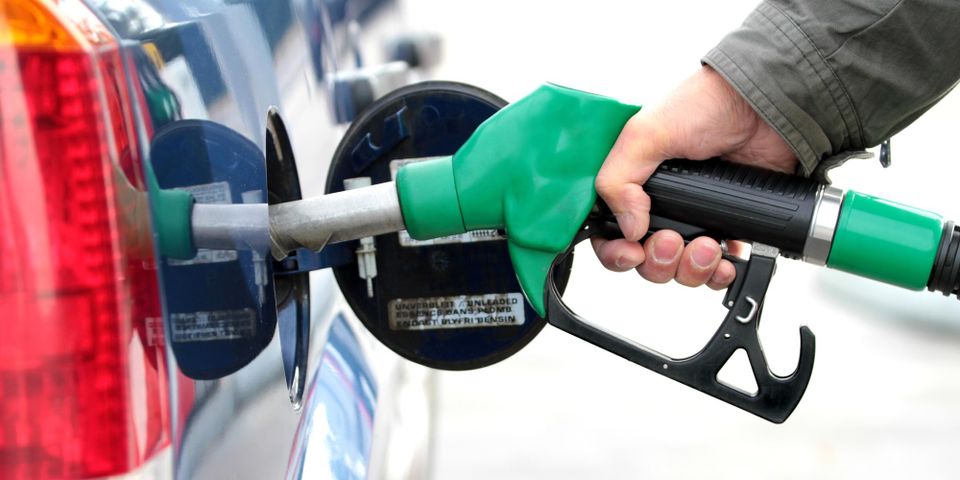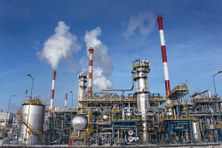
The terms petroleum oil and crude oil are occasionally used interchangeably; however, there are differences between the two substances. Here are some key distinctions that set them apart from one another so you know which one you need.
Crude Oil
 Settled in geological structures and subterranean pools, crude oil is a fossil fuel made with a blend of hydrocarbons, various organic compounds, and trace metals. The fuel’s composition may vary based on its type and how it’s sourced. Modern sources of crude oil date back centuries. Geologists may identify key locations where quantities are abundant to drill for this fuel oil. After extraction, it goes through a separation process at an oil refinery. When broken down, those various elements can be used in the creation of many mainstream products, including rubbing alcohol, shoes, and roofing materials.
Settled in geological structures and subterranean pools, crude oil is a fossil fuel made with a blend of hydrocarbons, various organic compounds, and trace metals. The fuel’s composition may vary based on its type and how it’s sourced. Modern sources of crude oil date back centuries. Geologists may identify key locations where quantities are abundant to drill for this fuel oil. After extraction, it goes through a separation process at an oil refinery. When broken down, those various elements can be used in the creation of many mainstream products, including rubbing alcohol, shoes, and roofing materials.
Petroleum
After crude oil is processed at the oil refinery, the end products are often referred to as petroleum. One of the most commonly used petroleum products in the world is gasoline. Others include diesel fuel, jet fuel, and heating oil. These products are made through several processes, ranging from separation to distillation. Before any of these substances are made available to the general public, however, they must go through a decontamination phase. This reduces the likelihood of pollutants contaminating the air and makes the various petroleum oil products more efficient.
Since 1981, Alaska Petroleum has been one of the area’s leading oil and gas companies. Based in North Pole, AK, the company proudly provides a broad selection of essential petroleum products, including fuel, diesel, and petroleum oil. As dependable fuel delivery professionals, they offer competitively priced oil to keep your home comfortable year round. They also provide 24-hour emergency services. Visit the oil company’s website to learn more about these and other services, or give them a call at (907) 488-2575 to speak with a friendly member of the team today.
About the Business
Have a question? Ask the experts!
Send your question

